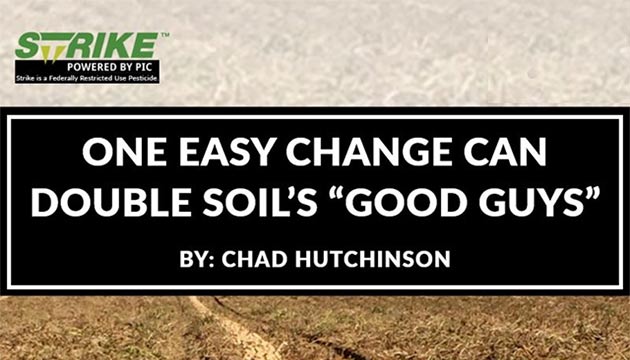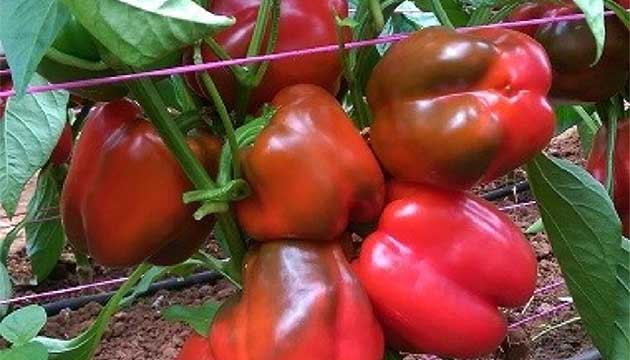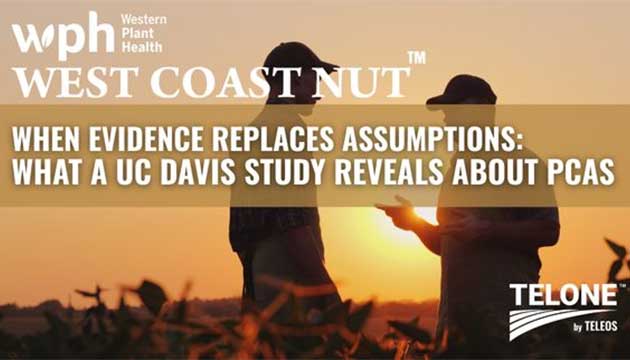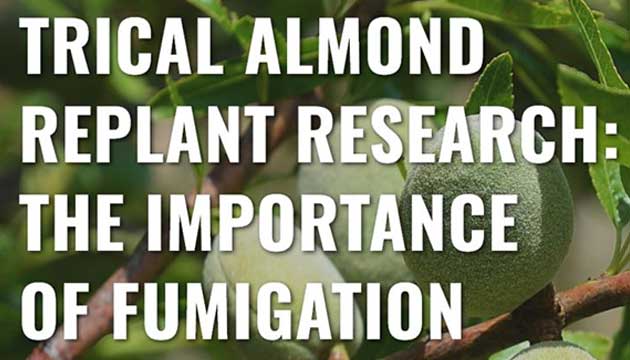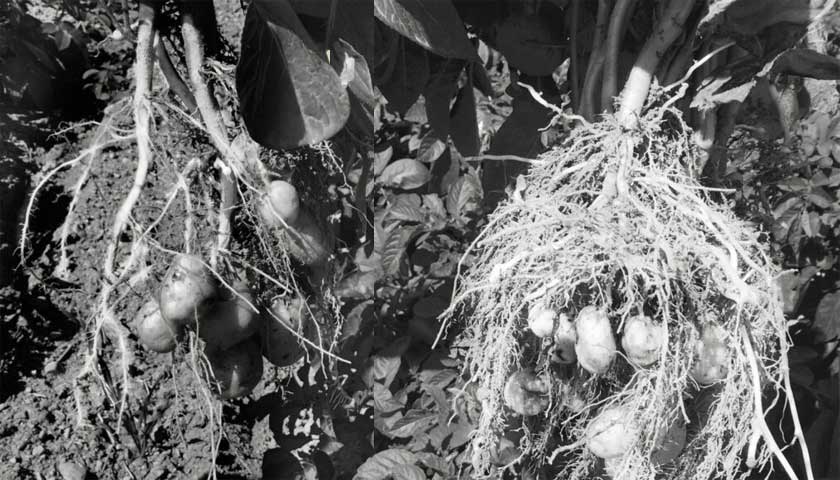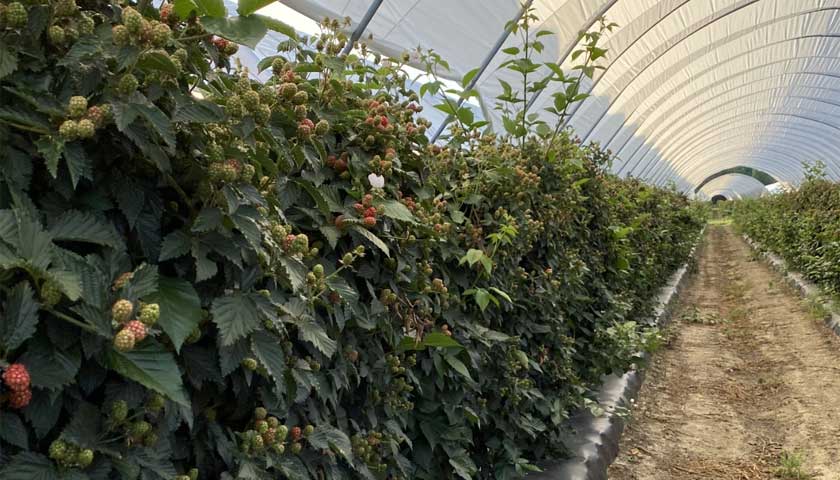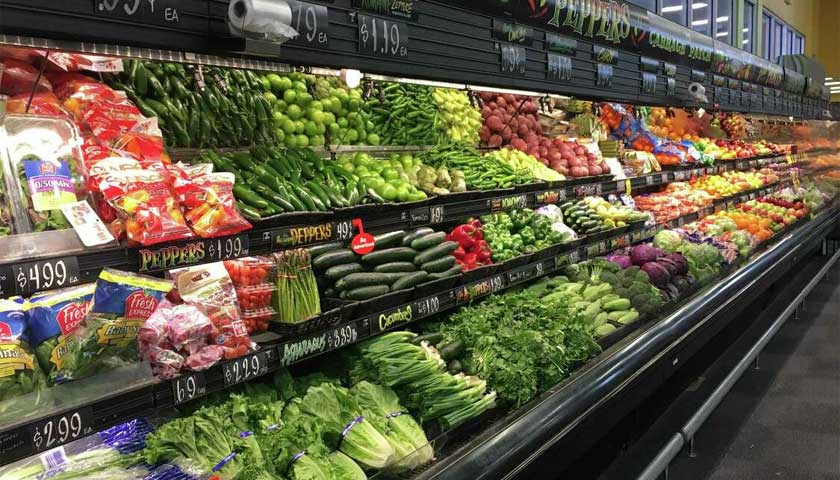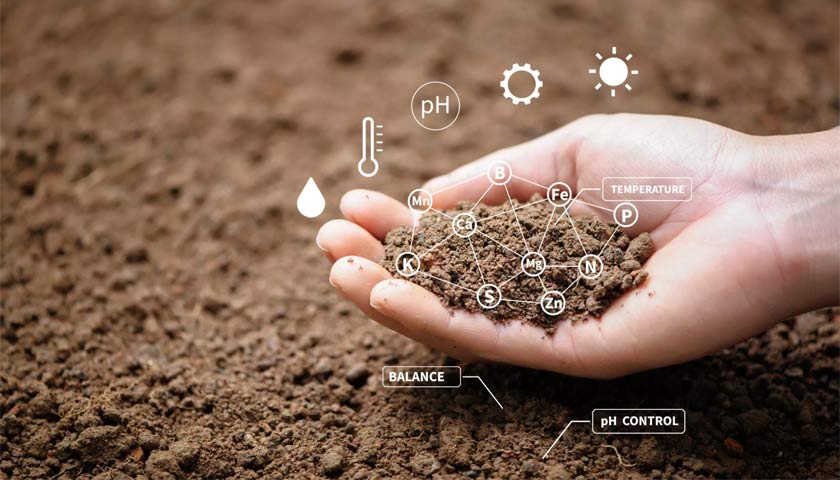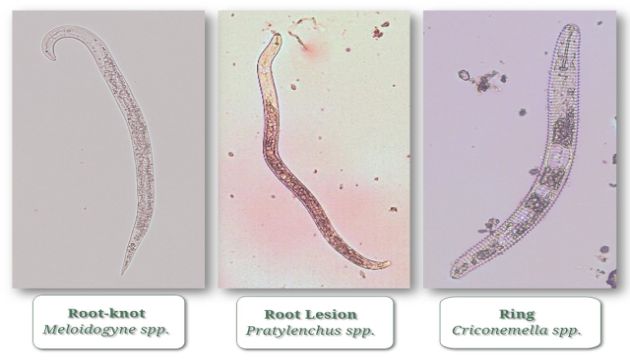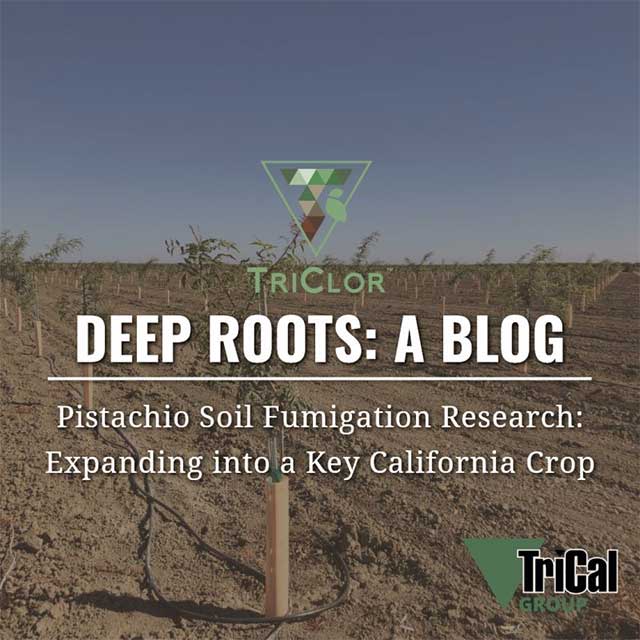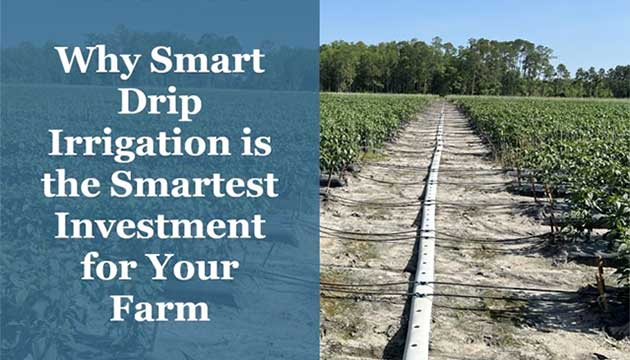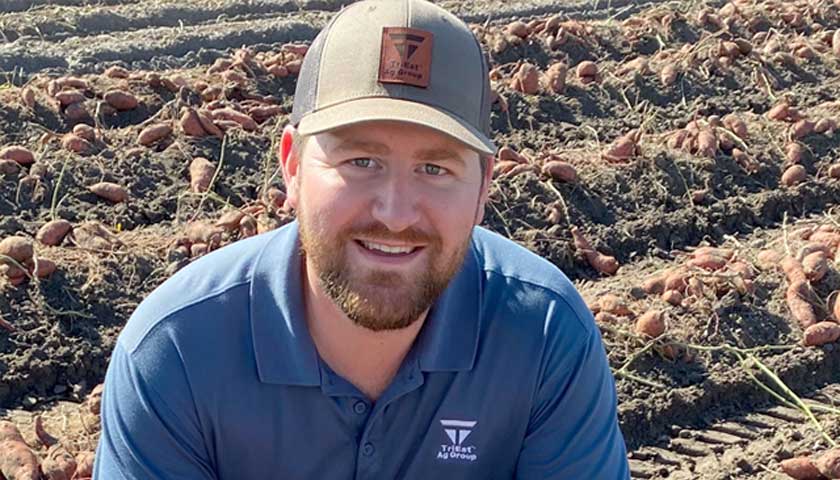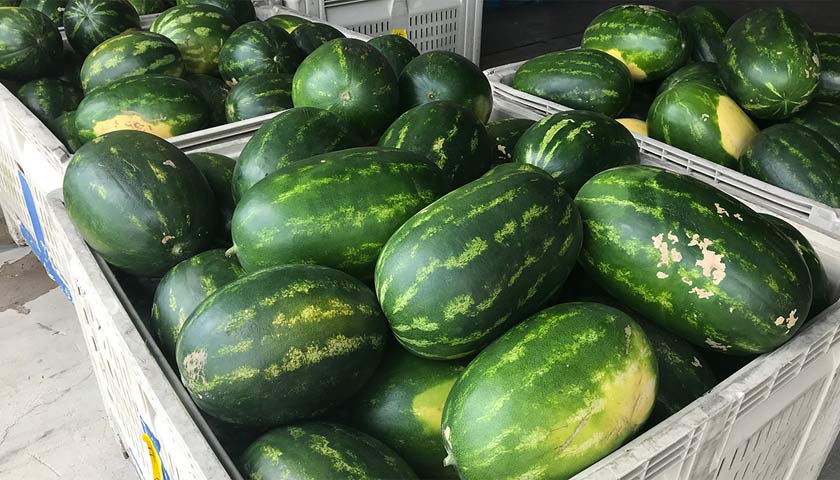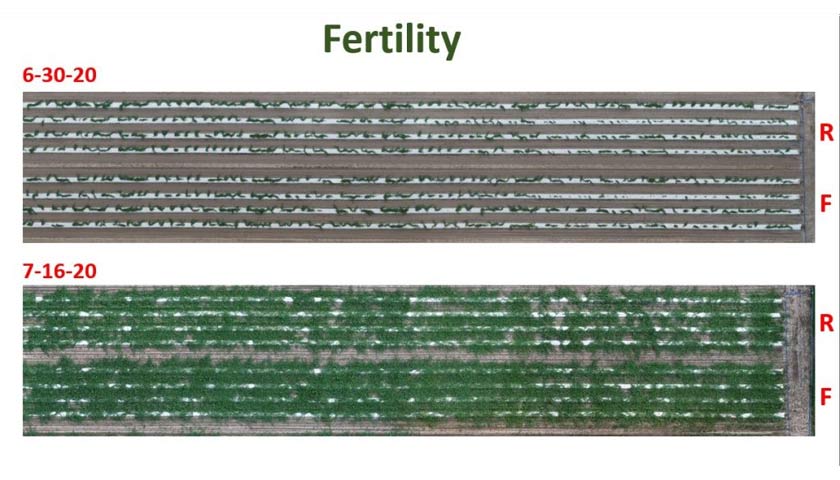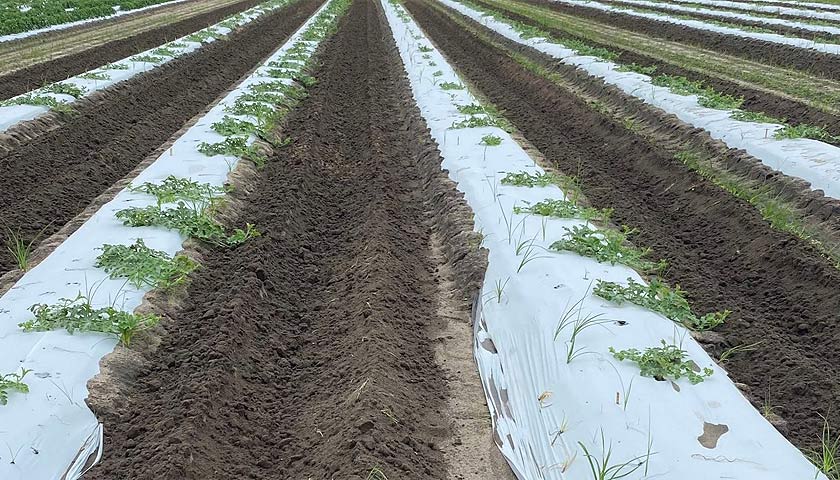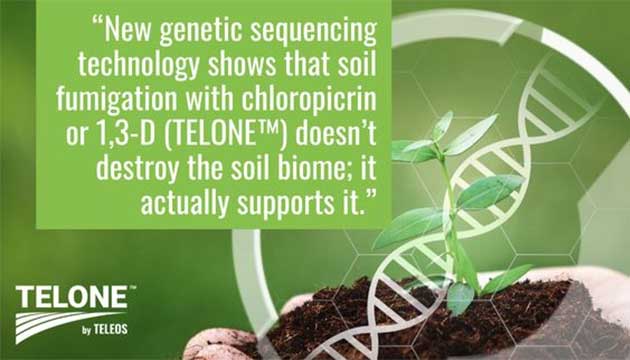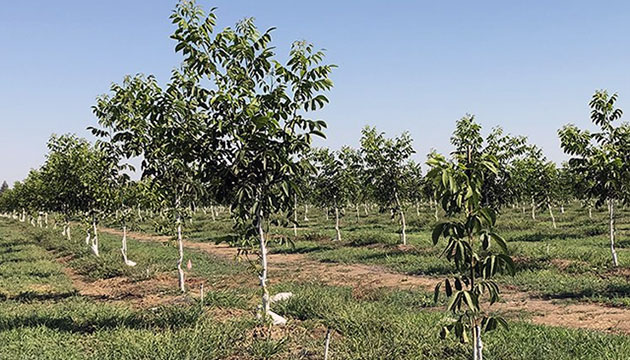
UNC Davis Reveals Findings about PCAs
In a recent op-ed in West Coast Nut Magazine, Renee Pinel, of Western Plant Health (WPH), puts long-standing claims about California agriculture to the test. Narratives have shaped public perception and fueled regulatory scrutiny at the California Department of Pesticide Regulation and legislative activity.
Read More

One Easy Change Can Double Soil's Good Guys
A recent trial shows that one simple change with Strike™, powered by Chloropicrin, can double the beneficial microbes in your soil, helping boost root growth, suppress disease, and improve overall plant resilience.
Read More

Chad Hutchinson speaks at the Potato Expo 2026
TriCal Group's Chad Hutchinson said he was honored to join a panel on potato quality at Potato Expo 2026 alongside Jeff Douglas and Aimee Nielson. They discussed why marketable yield is the real metric that matters, and how managing quality requires a systems view—from genetics and moisture management to soil pH, biology, and targeted chemistry.
Read More

Why California Agriculture is Losing Ground
California feeds the country—and much of the world—but doing so is becoming increasingly difficult. Recently, on AgNet West Radio Network's Ag Meter, host Nick joined Damian Mason to dig into why America’s leading agricultural state is struggling to sustain and protect its growers.
Read More

Honoring Steve Koike
As Steve Koike enters retirement, we’re honored to spotlight his lasting impact on plant pathology. The TriCal blog highlights Steve’s decades of leadership, service, and contributions to the agricultural community, including his time with UC Cooperative Extension and TriCal Diagnostics.
Read More

Greenhouse Capsicum Trial on the Adelaide Plains
A greenhouse capsicum trial on the Adelaide Plains evaluated the effectiveness of pre-plant soil fumigation with Strike 60 for managing Root Knot Nematodes and improving crop performance. Weekly soil testing was conducted to measure nematode suppression and crop response under controlled greenhouse conditions.
Read More

California Faces an Average of 9 New Invasive Species Each Year
California faces an average of 9 new invasive species each year, living below the soil surface, quietly impacting crops long before problems become visible. As part of a broader soil health strategy, soil fumigation can help manage certain soil-borne pest pressures.
Read More

Stronger Root Development, Improved Crop Quality
Strike pre-plant soil fumigation reduces soil-borne disease while supporting beneficial soil micro-organisms, creating a healthier soil environment for crop establishment. The result is stronger root development, improved crop quality, and increased marketable yield, along with greater input efficiency and reduced rotation pressure.
Read More
